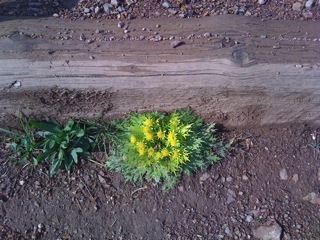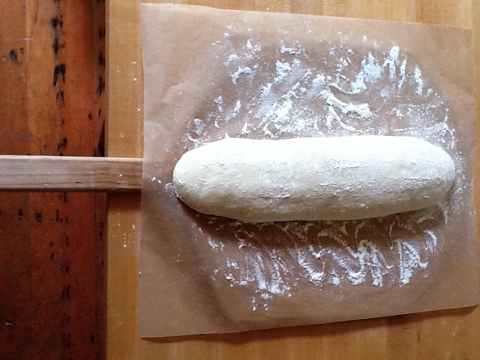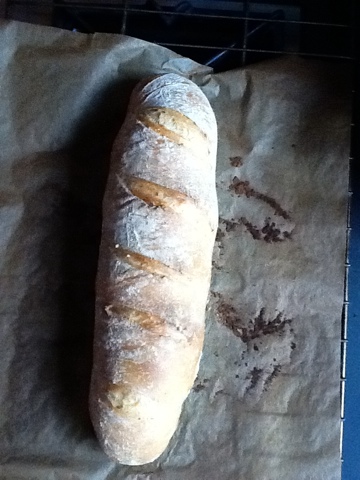 what is it like to be human? we should all know this, of course, but it’s surprisingly hard to pin down – mainly because we have so many conflicting ideas about how it is and ought to be.
what is it like to be human? we should all know this, of course, but it’s surprisingly hard to pin down – mainly because we have so many conflicting ideas about how it is and ought to be.
sitting at the kitchen table in a house full of family and the smell of home-made bagels it’s easy to see that life can feel wonderful, but we know it’s not always like this and we’ve been telling each other about it for millennia. the literary output of humanity from our most ancient texts to the pop du jour is full of attempts to capture (and complain about) exactly what this feels like. there are two things things that are striking about these. first, they often use metaphor, which underlines the fact that the experience is embodied and palpable for us, and second, there is an astonishing degree of cross-cultural agreement about the nature of the experience itself.
so, how is it?
we feel fettered and trammeled – “un-free”. Goffin and King say, “my baby’s got me locked up in chains” the “Blue Cliff Record” talks about “wearing stocks” or being entangled in weeds and vines.
it’s like like we’re groping in the dark. in a particularly evocative turn, Krishna in the “Bhagavadgita” says, “dark inertia binds the self with heedlessness, indolence and sleep.” the metaphor has become so common in modern parlance it needs no further citation here.
we fear our actions are futile or fruitless. Shakespeare’s Macbeth pretty much sums this up when he says that life’s “a poor player, that struts and frets his hour upon the stage, and then is heard no more,” and “a tale told by an idiot.” the ancient Greeks had their myth of Sisyphos.
we ache and feel a lack. in fact, we got a whole lotta lack. we just can’t get enough. we can’t get no satisfaction. the pie is too small. the pond is too tiny and seems to be drying up. the golden age is over and we’re in some other age made of some other, less glamorous metal and so on and so on. Code Monkey lack Fritos(tm), lack Tab(tm) and Mountain Dew(tm)…
these and other related factors are so much a part of human life that they’re like the air we breath and the ground we walk on. to review human history, or just to look back honestly on how the last day or week went, is to see how much suffering we cause ourselves and each other by acting out the mindset described here. and, ever since people started to take notice of them we’ve longed for relief. we long for it with a power and persistence that, it can be argued, trumps all of our other desires and leads us astray more easily than just about anything else. all of us seem to harbor some private conviction that if only such and such were true – if only we had more money, a better job, a more compliant (or less compliant) lover, if our spiritual attainment were greater, if we were smarter, better read, more like person X or whatever particular set of criteria we’ve framed as an ideal – then we’d be free and feel completely alive, untrammeled and full of purpose.
but, here’s the really good news. there’s nothing any of us can do to stop being who we are. period. exclamation point!


 what is it like to be human? we should all know this, of course, but it’s surprisingly hard to pin down – mainly because we have so many conflicting ideas about how it is and ought to be.
what is it like to be human? we should all know this, of course, but it’s surprisingly hard to pin down – mainly because we have so many conflicting ideas about how it is and ought to be.